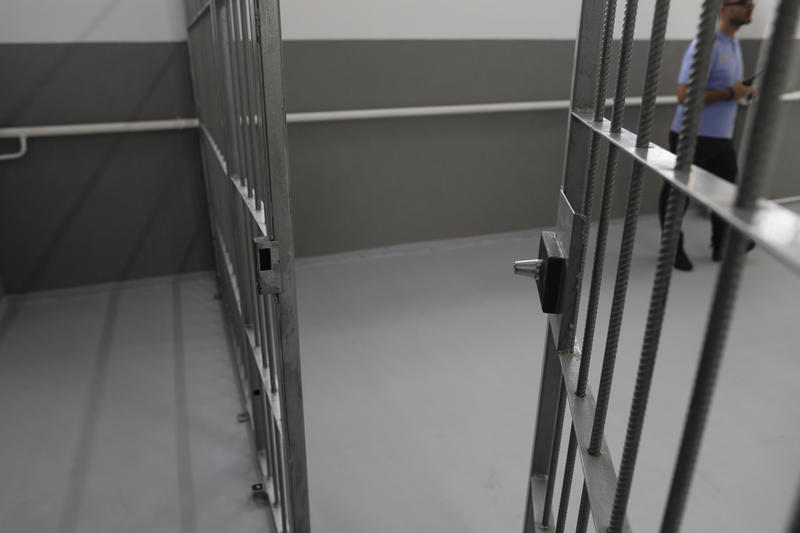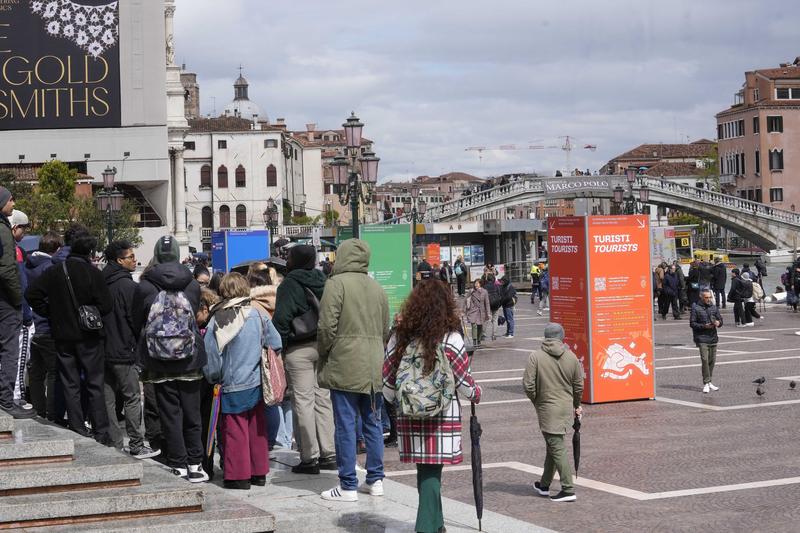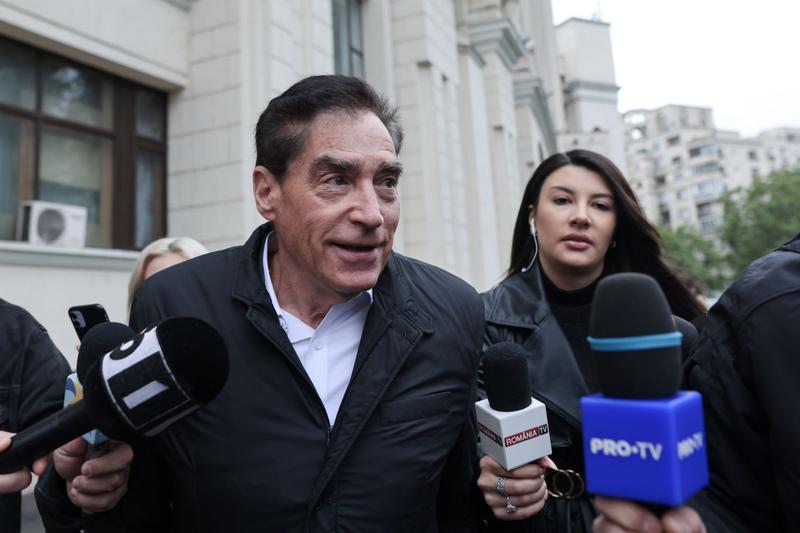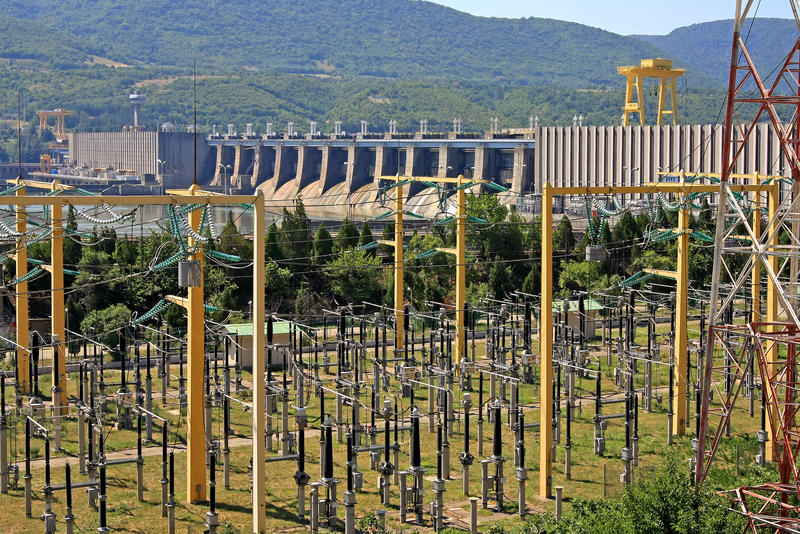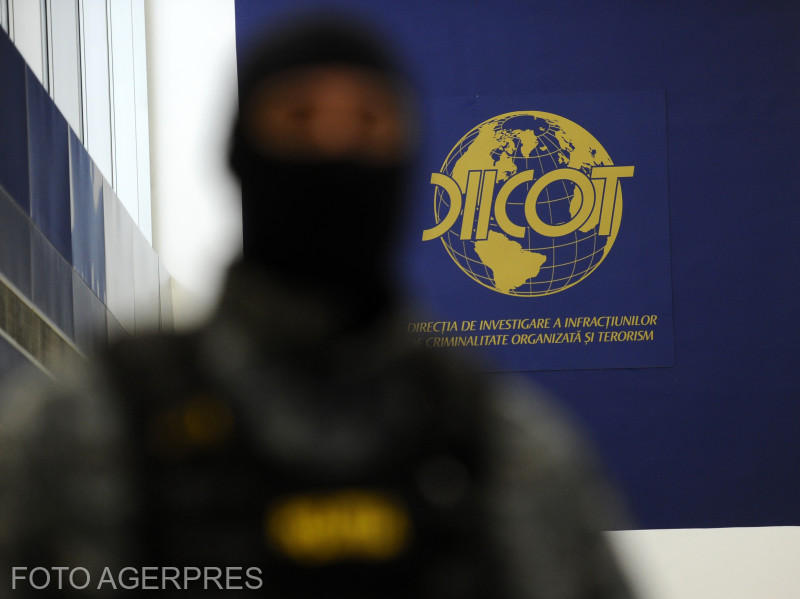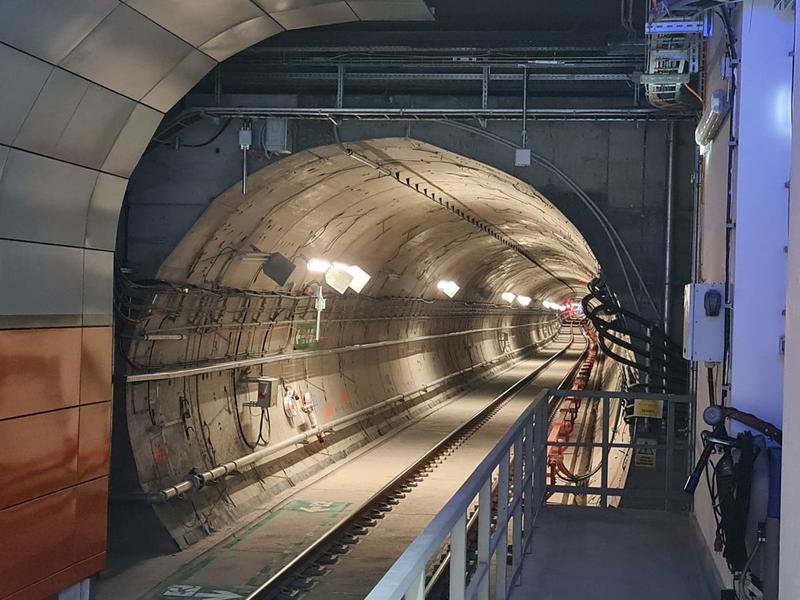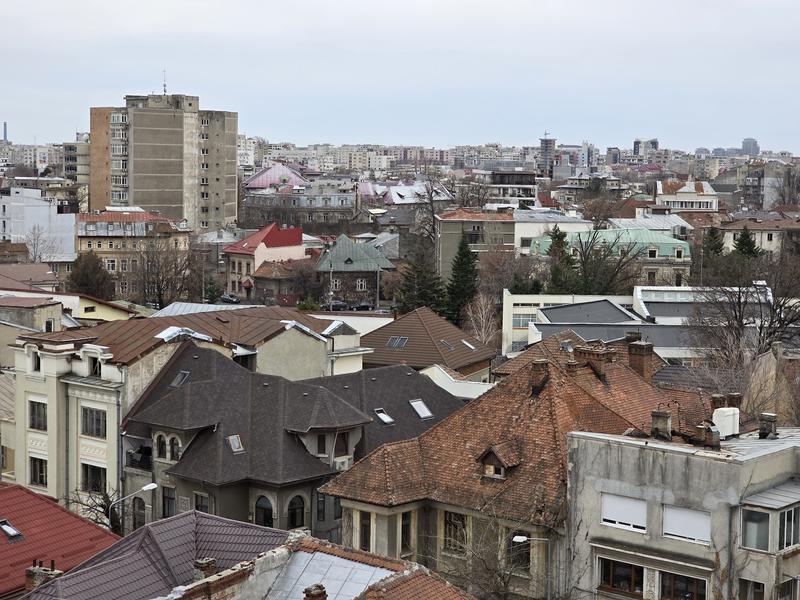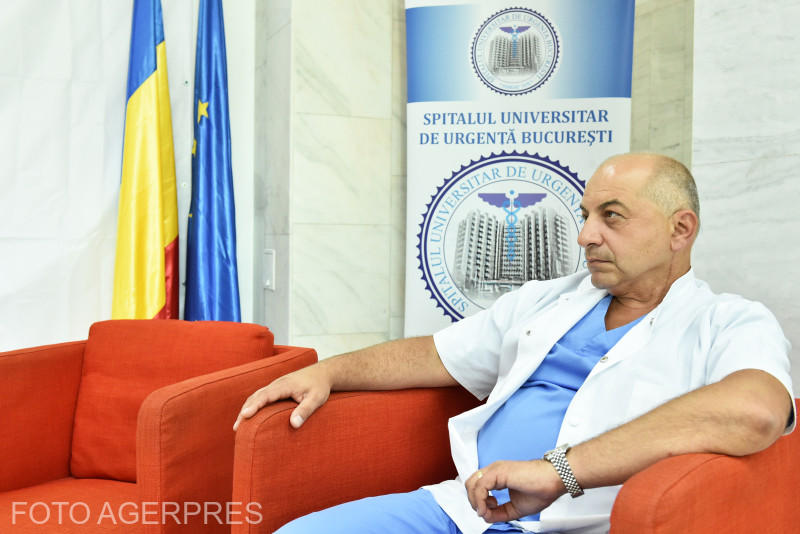The Transnistrian conflict has become a hot topic these days, with Russian President Dmitri Medvedev visit to Kiev. The two presidents support a special status for Transnistria and recognise the "important and stabilising" role of the Russian army. The EU was asking on Monday, May 17, to restart negotiations for the 5+2 format, while a Washington Post editorialist talks about abandoning Russia's neighbours in its sphere of influence. At the same time, Moldova's PM Vlad Filat wants to see the Russian army replaced with an international civil mission and hopes for Europe's support.
Medvedev and Ianukovici talked in Kiev, Ukraine's capital, about solving the Transnistrian issue. There are two important aspects in the 5+2 format, which brings to negotiations Moldova, Ukraine, Russia, Transnistria and OSCE, with the US and the EU as observers.
According to Stratfor sources, the American analysis and information company, the two presidents announced on Tuesday, May 18, a "coordinated effort" in solving the conflict, which, obviously, is not a good sign, bearing in mind that Ukraine is constantly growing into becoming a faithful Moscow vassal. Unimedia quotes the declaration signed by the two presidents, indicating that Moldova and Tiraspol need to reach, "through peaceful political means and equal dialogue", to a special status for the Transnistria region within Moldova's territorial integrity and sovereignty, constitutional neutrality and the formation of an economic zone and a unique defence.
In the mentioned document, Russia and Ukraine "accentuate the important and stabilising role in the current peace-keeping operation in the region and plead for a constructive collaboration of all its composing elements". The two main parties underline their intention to create the necessary conditions to restart negotiations in the 5+2 format.
What does the EU say?
the EU has also asked n Monday to restart these negotiations, voiced by the Foreign Affairs High Representative Catherine Ashton. She points out that the EU "remains fully engaged in restarting the negotiations in the 5+2 format, without preconditions or delays and by fully respecting the fundamental principles of the Republic of Moldova's sovereignty and territorial integrity".
What about the American analysts?
Analysing Medvedev's visit to Kiev, Stratfor shows that the Transnistrian issue is one of the hot subjects on the bi-lateral agenda, next to the fusion of energy companies Gazprom and Naftogaz.
Stratfor indicates that the common statement on Transnistria satisfies Ukraine's wish of playing the most important role in the region, of feelinf a strategic part in mediating the decisional process on Moldova's foreign affair's policy. The Americans that Ukraine is important: it borders Moldova and Transnistria and 100,000 Ukrainians living the neighbouring countries. Then you've got 150,000 Russians living in the country, plus 5,000 Russian soldiers stationed in Transnistria and, thus, the two countries own a great influence in Moldova.
With a main role given to Ukraine, Moscow gains influence because now Ukraine is in favour of keeping the Russian troops in Transnistria, as opposed to a different take of the Iuscenko administration.
The American company remarked the fact that these Russian-Ukrainian attempts might give a blow to Moldova's position, which has European support. But it's not sure Moldova can count of this support, because Europe has got its own political and economical problems and hasn't got much fuel to burn for Moldova. This opens a door for Russia, which has already secured Ukraine's support that is now becoming a Russian foreign affairs instrument, Stratfor comments.
This opinion is shared in the US, if we bear in mind David J. Kramer's editorial featured on Saturday in the Washington Post. He was asking whether the US, in the name of reformatting its relationships with Moscow, hasn't given up Russia's neighbourhood, letting it fall in Russia's sphere of influence. "In the interest of removing irritating issues from its agenda with Moscow, will the Obama administration sell out Georgia and Moldova by dropping insistence on Russian withdrawal from those two countries?", the editorialist asks.
What about Chisinau and Tiraspol?
In the meantime, Transnistria insists to increase the Russian contingent in the security zone, according to Infotag, quoted by Moldova Azi. PM Vlad Filat requests to transform the current peace keeping mission "into a civil, multinational mission, with international mandate".
"The Government of the Republic of Moldova pleads to diminish the military factor in the region, including by a complete redraw of the ammunition belonging to the Russian federation and the military contingent which manages their security", a press communiqué from Chisinau shows, as published on Radio Vocea Basarabiei's website.


